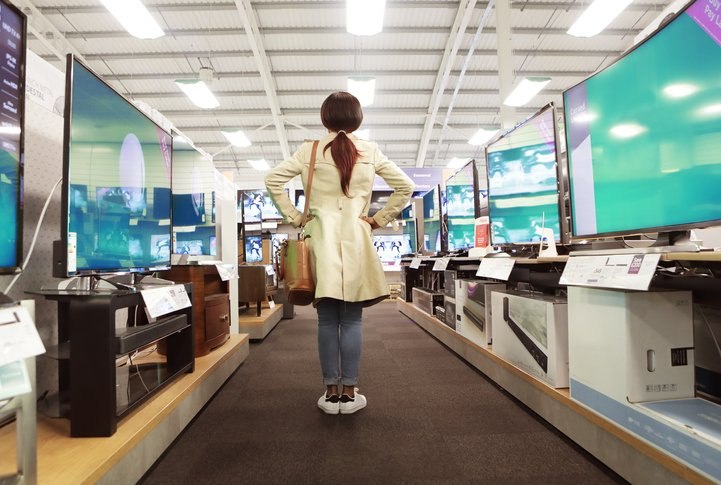
Remote fitness: Passing fad or lasting lifestyle change?
As the pandemic swept across the world, lockdowns and social distancing measures disrupted routines, forcing fitness enthusiasts to bid farewell to their beloved gyms and exercise classes, and turn instead, to remote and digital fitness activities to stay in shape. While some may have considered this a temporary solution to a temporary problem, a surprising number of consumers globally have continued with these virtual workouts long after the lockdowns have lifted.
Data from a recent YouGov Surveys: Serviced poll reveals that nearly a fifth of consumers globally say they have continued to do the remote fitness activities they started during the lockdown (17%).
That puts remote fitness in the middle of a group of lockdown activities still enjoyed post-pandemic. Polling data also shows that nearly two-fifths of our respondents say they have continued to enjoy online entertainment via streaming services (39%) and online shopping (37%) after starting to do so during lockdowns. On the other hand, a significantly smaller proportion of consumers say the same about virtual events (11%) and dating (7%).
Looking closely at our global respondents who indicate that they have continued their virtual workouts and fitness activities – by age demographics and by country – reveals some notable differences.
According to the data, switching to remote fitness activities has been a lasting lifestyle change for a substantial share of our 18-24-year-old respondents, with nearly a quarter saying they have continued such fitness activities even after lockdowns were lifted (23%), compared to less than a tenth of consumers aged 55 and above (9%).
Nearly two-fifths of consumers in India (37%) - the highest of all markets – have continued their remote workouts and other digital fitness activities started during lockdown. While one out four consumers in Hong Kong and China (24% for both) say the same, consumers in Indonesia (11%) seem to be far less interested in continuing such fitness activities compared to their counterparts in all other APAC markets.
In the MENA region, UAE significantly outpaces the global audience, with almost a third of consumers (29%) saying remote fitness activities are still part of their lives even after the end of the pandemic led lockdowns.
Though more than one out three consumers in Mexico (31%) say the same, this proportion falls markedly amongst their neighbors to the north in Canada (15%) and the US (12%).
Consumers across European markets have similarly scattered opinions.
More than one in five consumers in Spain (21%) have embraced virtual fitness activities and continue to do them even the lifting of lockdowns. On the other hand, such remote fitness activities are less likely to have become permanent fixtures in the lives of consumers in Great Britain (11%), Germany (10%), Sweden (10%), Poland (10%) and Denmark (6% - the lowest of all markets).
Explore our living data – for free
Discover more health and pharma content here
Want to run your own research? Run a survey now
Make smarter business decisions with better intelligence. Understand exactly what your audience is thinking by leveraging our panel of 20 million+ members. Speak with us today.
Methodology: YouGov Surveys: Serviced provide quick survey results from nationally representative or targeted audiences in multiple markets. The data is based on surveys of adults aged 18+ years in 18 markets with sample sizes varying between 512 and 2,007 for each market. All surveys were conducted online in March 2023. Data from each market uses a nationally representative sample apart from Mexico and India, which use urban representative samples, and Indonesia and Hong Kong, which use online representative samples. Learn more about YouGov Surveys: Serviced.
































